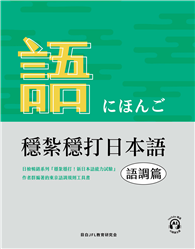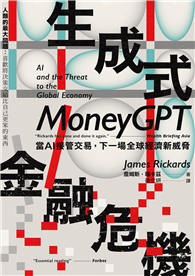Research into the politics of family policy has expanded considerably in recent years. However, the family policy agenda of the Mainstream Right - i.e., Christian democratic and conservative parties - has largely been overlooked, at least until now. Establishing a unique contribution that closes this gap, Giovanni Amerigo Giuliani provides a thorough, comparative, and longitudinal analysis of the Mainstream Right’s family policy agendas in 4 Western European countries.
Anchored in a new theoretical framework that combines the insights of a variety of sociological and political science approaches, this study offers an understanding of the changes in the Mainstream Right’s family policy preferences and their drivers over time and across countries. How have family policy agendas been configured in the post-Fordist age? Have they re-adapted over time or have they remained unchanged? What drivers have affected the Mainstream Right’s family policy agendas in the post-industrial era? Furthermore, how can the various configurations of these drivers explain cross-country similarities and differences? Under what conditions have Mainstream Right parties gone beyond a purely familistic agenda?
Delving into a topic that has scarcely been investigated in comparative welfare and family policy literature, this is an indispensable endeavour for scholars in these fields.












